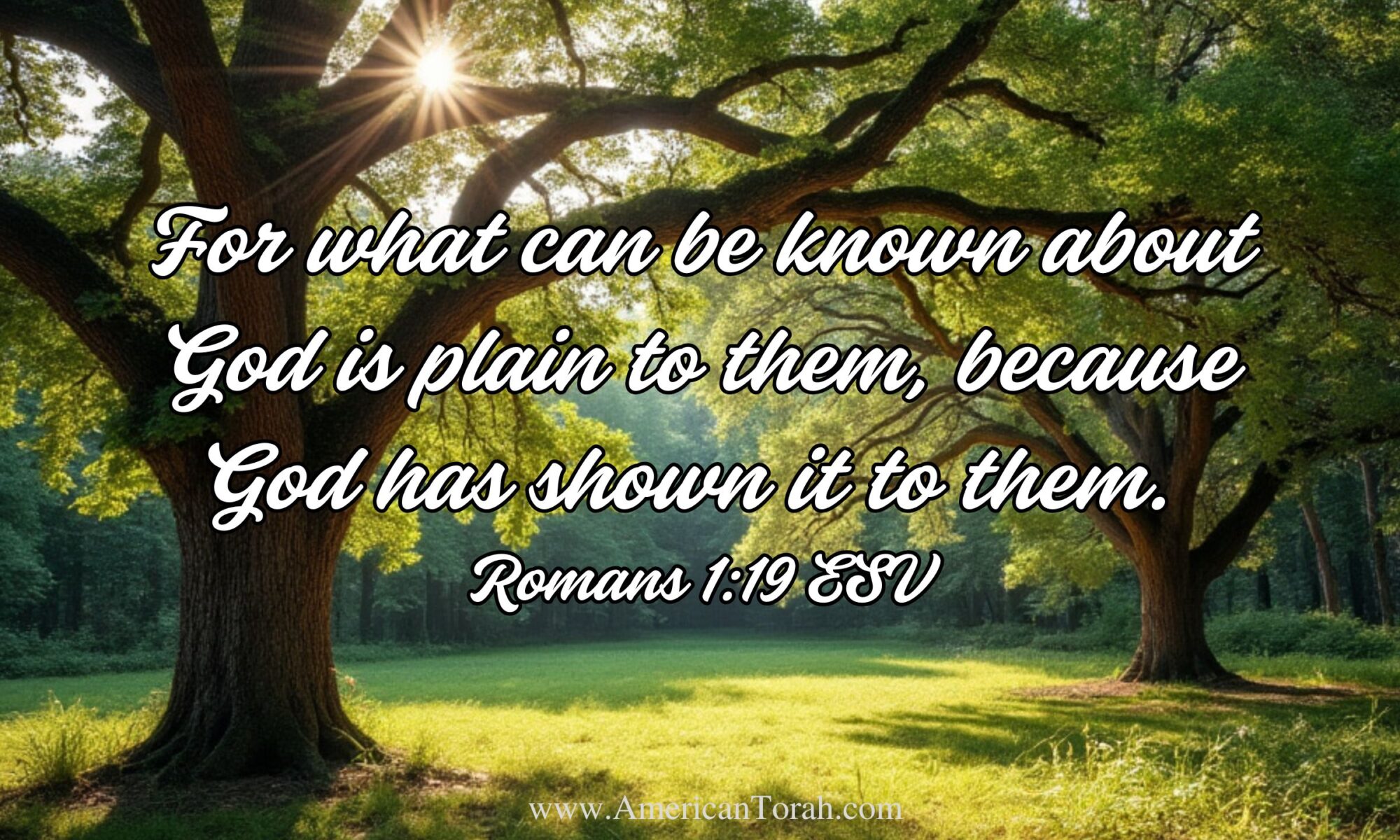For what can be known about God is plain to them, because God has shown it to them. For his invisible attributes, namely, his eternal power and divine nature, have been clearly perceived, ever since the creation of the world, in the things that have been made. So they are without excuse.
Romans 1:19-20 ESV
Nobody can look at the natural world without thinking that there must be a Creator. As Hebrews 3:4 says, “Every house is built by someone.” Numerous aspects of the palace of the natural world strongly imply the existence of a Creator a purpose:
- Individual Complexity – The internal complexity of living things and the intricate balance of systems within systems requires a designer of extraordinary intelligence and foresight. Every lifeform is a self-repairing, self-replicating machine that becomes more complex, the closer you examine it, from the outer defenses of skin and bark all the way down to molecular factories beyond anything man has been able to copy with all of our technology. Individual organisms are so complex, even at the molecular level, that removing any one of thousands of different components or sub-systems will destroy the entire organism, yet those systems themselves are self-policing, removing, replacing, or repairing damaged components before they can cause significant harm. See Psalm 139:14.
- Biome Complexity – The interplay between organisms, even across species, also testifies to the existence of an intelligent, deliberate creator. Trees warn each other of danger. Viruses, bacteria, fungi, grasses, herbivores, and the most complex predators all cooperate, without any apparent conscious intention, to feed each other and keep ecosystems healthy. As local conditions change, local lifeforms adjust populations, habitats, and even genetic expression to compensate. See Job 38:39-41.
- Universal Fine Tuning – Physics demonstrates that our entire universe seems designed at every level to support life. A slight change in any number of values–some of which I could name, but won’t pretend to understand–would change the universe in such a way that life would become impossible. Stars and planets would cease to exist, let alone the minerals, seas, and atmosphere required by living organisms. See Psalm 19:1.
In the face of the overwhelming evidence for a Creator, his existence can only be denied by deliberate, continuous rejection and indoctrination. A child, left to himself, would assume that everything was created, and he must be trained to think otherwise.
One implication of this truth is that a person can attain a very basic knowledge of God’s identity without ever hearing the words YHWH, Jesus, Yeshua, Gospel, etc. All of those things are knowable, at least in conception, through the honest observation of Creation. If there is a Creator, then he has a purpose in creating. If he has a purpose for Creation, then he has a purpose for individual creatures. If he has a purpose for individual creatures, then he desires them to behave according to his plan. If his creatures will not behave according to his plan, then they should expect to be corrected, destroyed, or isolated so that they can’t interfere with the correct operation of the rest of Creation. Creatures who choose to act according to the Creator’s purposes can reasonably expect to be rewarded, although the Creator is under no obligation to do so. All of Creation, including every individual creature, belongs to the Creator and is dependent on him for its continued existence, and he is fully within his rights to use it however he wills, including destroying it.
Acceptance of the inevitability of God is in some ways more important than an academic knowledge about God, because a great deal can be learned of God’s character from the nature of what he has already done, apart from any special revelation or divinely inspired writings. As Job 12:7-9 says, “ask the beasts, and they will teach you; the birds of the heavens, and they will tell you; or the bushes of the earth, and they will teach you; and the fish of the sea will declare to you. Who among all these does not know that the hand of YHWH has done this?”







 You’ve heard that you can know the rightness of something by its fruit. Well, here are some stories of real life patriarchy in action.
You’ve heard that you can know the rightness of something by its fruit. Well, here are some stories of real life patriarchy in action.